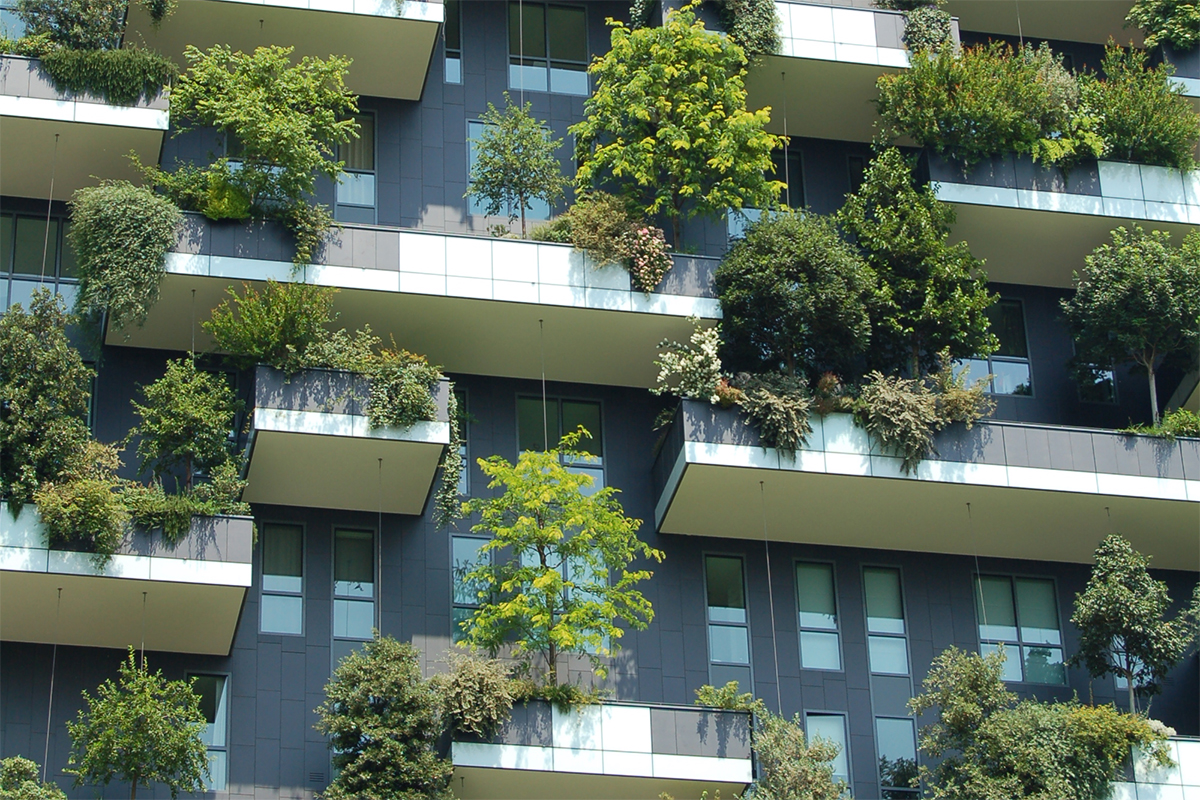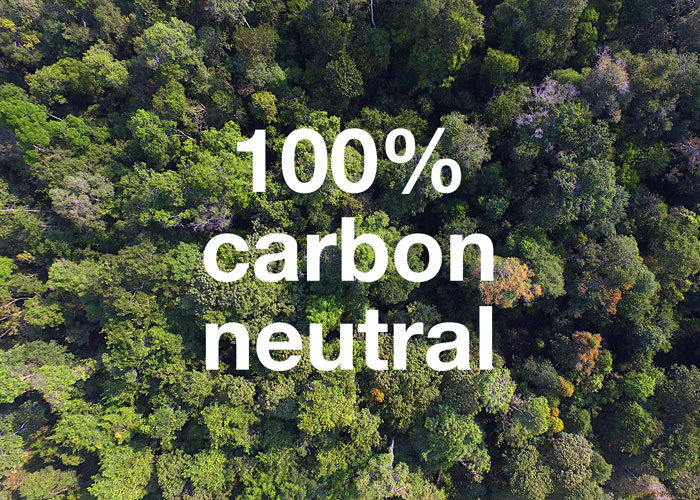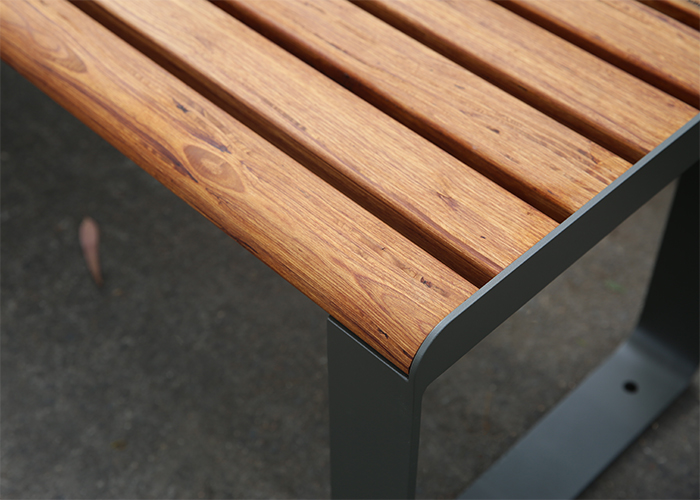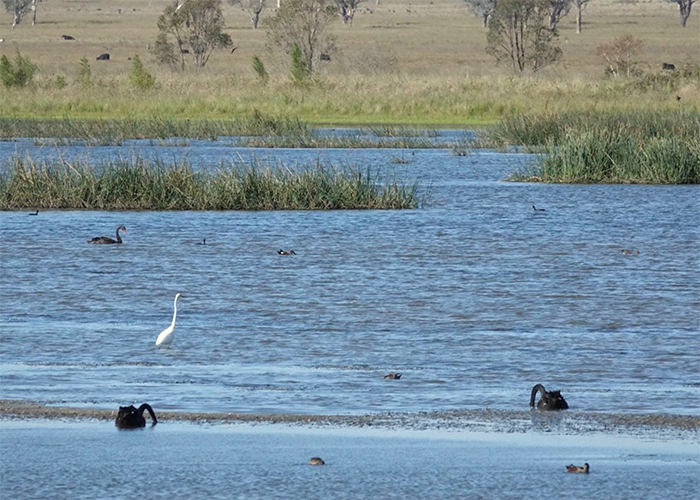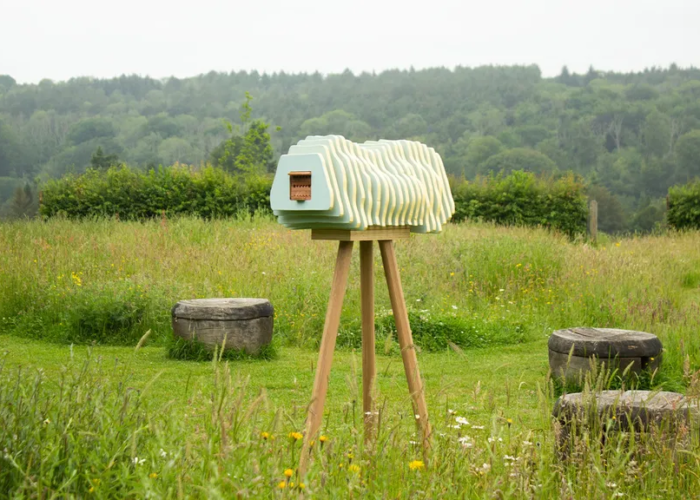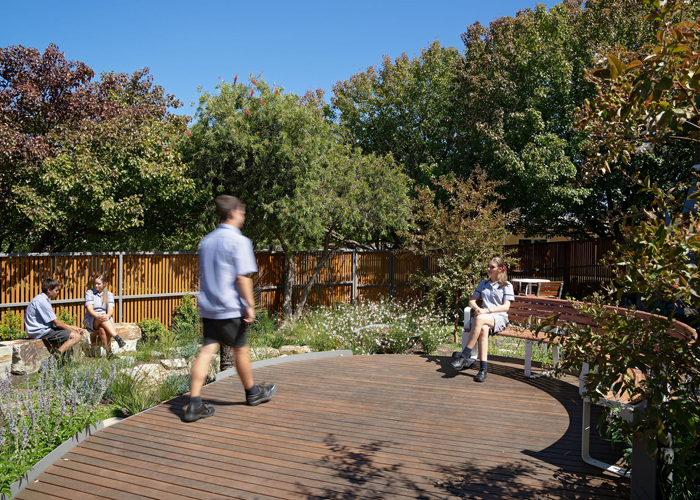Street Furniture Australia is now 100% Carbon Neutral
Street Furniture Australia’s entire product range and manufacturing operation has received carbon neutral certification through Climate Active™. Achieving carbon neutral certification marks a significant milestone in our operation and the culmination of a four year long process of detailed measurement and analysis. Climate Active™ is the only Australian government-backed carbon neutral certification programme for businesses to measure, reduce, and offsets their carbon emissions. It is one of the most rigorous carbon-neutral programs in the world. An approved Emissions Reduction Strategy (ERS) is central to achieving certification through Climate Active. Street Furniture Australia has elected to use SBTi validated science-based targets to ensure their ERS is meaningful and aligns with the 2015 Paris Agreement – to limit global temperature rises to 1.5℃ above pre-industrial levels. For those emissions that can’t be …
- 20 jun 2024
